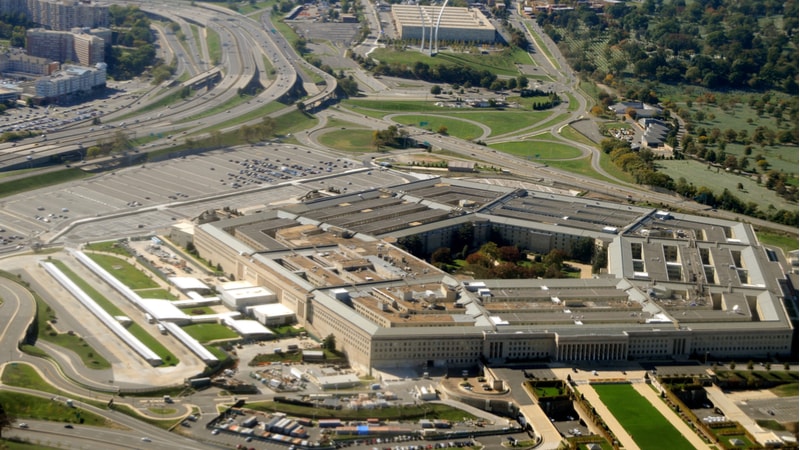
A Federal judge has extended a temporary restraining order (TRO) for two additional weeks in a lawsuit brought by a coalition of major research universities against the U.S. Department of Defense (DoD).
The order blocks a controversial move by the DoD to sharply reduce indirect cost funding for military-related academic research.
U.S. District Judge Brian Murphy, presiding in the District of Massachusetts, issued the initial TRO on June 17, temporarily halting the Pentagon’s plan to impose a 15 percent cap on indirect cost rates for new university research contracts. The judge has now extended that order until further notice.
“The Court finds that good cause exists to extend the June 17, 2025 temporary restraining order for an additional 14 days or until further order of the Court,” Murphy wrote in his latest ruling.
The decision marks another procedural victory for the plaintiffs – a coalition of 12 prominent research institutions joined by the American Association of Universities (AAU), the American Council on Education, and the Association of Public and Land-Grant Universities. The group filed suit on June 16, arguing that the DoD’s sudden policy shift threatens to undermine decades of federally supported academic research partnerships.
At the heart of the dispute is the DoD’s May 14 directive, issued by Defense Secretary Pete Hegseth, mandating that the department “pursue a lower cap on indirect cost rates for all new financial assistance awards to institutions of higher education.” Indirect costs – which the previous administration negotiated at rates averaging 55 percent – fund essential infrastructure such as laboratory maintenance, utilities, technical staff, and administrative support.
The plaintiffs argue that slashing the cap to 15 percent would render many federally funded projects financially unviable, potentially stalling or ending critical research programs tied to national defense.
In contrast, the DoD maintains that the new cap is both legally justified and fiscally prudent. According to Hegseth, the revised policy could save the department up to $900 million annually by redirecting funds away from overhead and toward direct research activities.
“The Department has an avenue to deviate from institutionally negotiated indirect cost rates when it determines such deviation is necessary and justified. We seek to exercise that authority now,” Hegseth stated in the memorandum.
